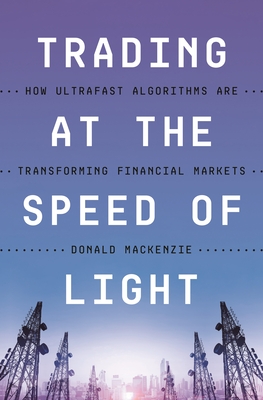Expedite your nonfiction book discovery process with Readara interviews, summaries and recommendations, Broaden your knowledge and gain insights from leading experts and scholars
In-depth, hour-long interviews with notable nonfiction authors, Gain new perspectives and ideas from the writer’s expertise and research, Valuable resource for readers and researchers
Optimize your book discovery process, Four-to eight-page summaries prepared by subject matter experts, Quickly review the book’s central messages and range of content
Books are handpicked covering a wide range of important categories and topics, Selected authors are subject experts, field professionals, or distinguished academics
Our editorial team includes books offering insights, unique views and researched-narratives in categories, Trade shows and book fairs, Book signings and in person author talks,Webinars and online events
Connect with editors and designers,Discover PR & marketing services providers, Source printers and related service providers

Trading at the Speed of Light: How Ultrafast Algorithms Are Transforming Financial Markets
Business & Economics > Finance - Financial Engineering
- Princeton University Press
- Hardcover
- 9780691211381
- -
- -
- Business & Economics > Finance - Financial Engineering
- (Single Author) Asian American
- English
Readara.com
Book Description
A remarkable look at how the growth, technology, and politics of high-frequency trading have altered global financial markets
In today's financial markets, trading floors on which brokers buy and sell shares face-to-face have increasingly been replaced by lightning-fast electronic systems that use algorithms to execute astounding volumes of transactions. Trading at the Speed of Light tells the story of this epic transformation. Donald MacKenzie shows how in the 1990s, in what were then the disreputable margins of the US financial system, a new approach to trading--automated high-frequency trading or HFT--began and then spread throughout the world. HFT has brought new efficiency to global trading, but has also created an unrelenting race for speed, leading to a systematic, subterranean battle among HFT algorithms.
In HFT, time is measured in nanoseconds (billionths of a second), and in a nanosecond the fastest possible signal--light in a vacuum--can travel only thirty centimeters, or roughly a foot. That makes HFT exquisitely sensitive to the length and transmission capacity of the cables connecting computer servers to the exchanges' systems and to the location of the microwave towers that carry signals between computer datacenters. Drawing from more than 300 interviews with high-frequency traders, the people who supply them with technological and communication capabilities, exchange staff, regulators, and many others, MacKenzie reveals the extraordinary efforts expended to speed up every aspect of trading. He looks at how in some markets big banks have fought off the challenge from HFT firms, and how exchanges sometimes engineer technical systems to favor certain types of algorithms over others.
Focusing on the material, political, and economic characteristics of high-frequency trading, Trading at the Speed of Light offers a unique glimpse into its influence on global finance and where it could lead us in the future.
Author Bio
I'm a sociologist of science and technology, and my research aims to throw new light on their role in shaping the modern world. I work on topics such as how financial-market participants use mathematical models, how nuclear weapons systems are designed, and how those involved try to produce high-confidence knowledge of the safety and security of computer systems.
Currently, I'm researching two topics: automated 'high-frequency trading' (HFT project), and AdTech, the technical/economic systems of online advertising (AdTech project).
My book on HFT, Trading at the Speed of Light: How Ultrafast Algorithms Are Transforming Financial Markets (also available as audiobook), was published by Princeton University Press in May; read an early review by Diane Coyle.
Previous books include Inventing Accuracy: A Historical Sociology of Nuclear Missile Guidance (MIT Press, 1990); An Engine, Not a Camera: How Financial Models Shape Markets (MIT Press, 2006); and Chains of Finance: How Investment Management is Shaped (Oxford University Press, 2017), jointly written with Diane-Laure Arjaliès, Philip Grant, Iain Hardie and Ekaterina Svetlova.
Source: The University of Edinburgh
Videos
No Videos
Community reviews
No Community reviews

